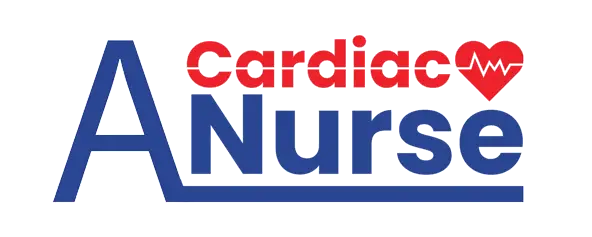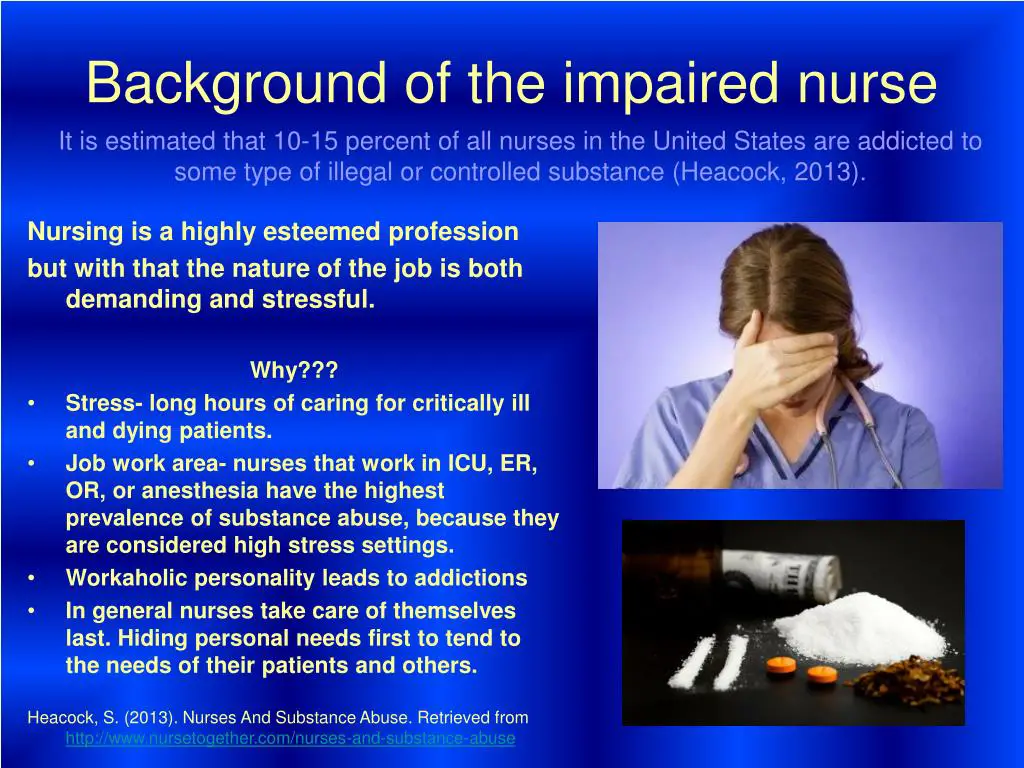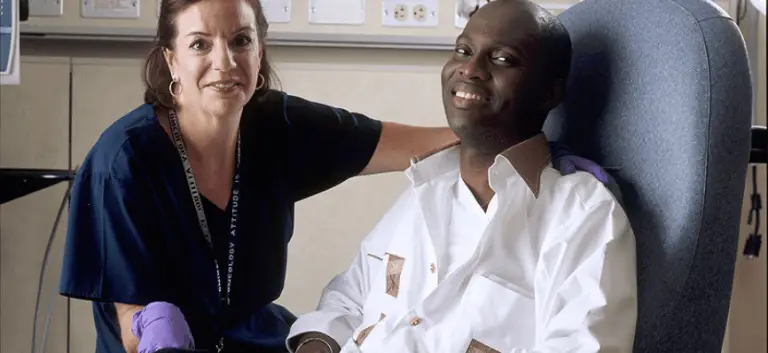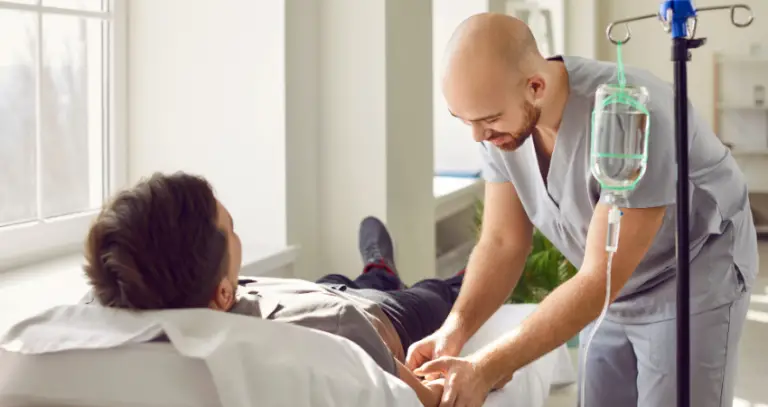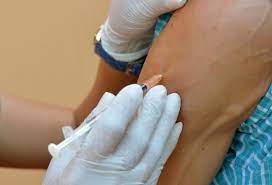The Impaired Nurse: When Nurses Are Abusing Drugs

Anna was a good nurse. She was always the one to go the extra mile. She picked up the “worst” assignments.
Anna was a float nurse which meant that she worked in all critical care areas including critical care and the emergency department. Her documentation was perfect. Little did we know our world was about to turn upside down.
When Nurses Are Abusing Drugs: What is a Chemically Impaired Nurse
You see pharmacy is in charge of all of the medications in the hospital including narcotics. The pharmacy had been watching Anna for a long time because there were discrepancies.
For example, if a patient is ordered Morphine 5 mg and the package comes in Morphine 10 mg, you have to get another colleague to verify that you wasted the Morphine. Anna was not wasting her narcotics.
Her patients would still be complaining of pain even when Anna had documented she had given the patient their pain medications.
The Impaired Nurse: When Nurses Are Abusing Drugs
Alcohol and drug use is a significant problem for healthcare professionals. Without proper treatment, these professionals are a safety risk to the patients.
These impaired nurses usually work in highly specialized areas such as critical care, emergency department, and the operating room. This is because narcotics and other drugs that impair are “easier to get”. According to Nurse Together,:
This is the background of the impaired Nurse
Signs and Symptoms of an Impaired Nurse
In the beginning, the nurse’s behavior may be appropriate. Nurses often develop coping mechanisms that allow them to cover up their addiction.
However, the behavior will soon start to escalate. These are some signs and symptoms of an impaired nurse. Without proper treatment, these professionals are a safety risk to the patients.
Physical Indications of Substance Abuse
The physical signs of an impaired nurse are track marks, bloodshot eyes, constantly sleeping, or dozing off. The nurse’s appearance suffers.
The use of stimulants over time causes cardiac- problems such as high blood pressure, chest pain, and heart attacks.
Alcohol use causes insomnia, liver disease, and other withdrawal symptoms.
Nurses can have needle marks on their arms, or they always wear long sleeves even during warm weather.
Mental Indictions of Substance Abuse
Nurses and healthcare professionals who abuse drugs tend to have depressive behavior or seem to get easily agitated.
- Changes in overall attitude. For example, constantly arguing with the charge nurse.
- Chronic dishonesty
- Suddenly arguing with coworkers or having temper tantrums.
- Nurses who are forgetful or can’t pay attention.
- Nurses who are always tired with low energy.
Conclusion
When a nurse has evidence that a peer is abusing drugs or alcohol, they have a legal obligation to report it to the health organization or the state board of nursing. This does not mean the nurse will necessarily lose her license.
If a nurse is impaired by drugs while working most boards of nursing will offer the nurse rehab treatment.
There are currently 4,011,911 professional nurses (RNs and LPNs) actively working in the United States, according to the Henry J. Kaiser Family Foundation. Of these nurses, 10% to 15% may be impaired or recovering from substance or alcohol addiction, according to the American Nurses Association (ANA). The number of impaired nurses being identified and reported to their respective state boards of nursing is on the rise. For example, in 2016, the Pennsylvania State Board of Nursing issued 916 violations for substance and alcohol abuse by nurses. That’s a 31% increase from 2015. And Pennsylvania isn’t unique-substance and alcohol abuse is the number one reason named by state boards of nursing for disciplinary action. Many states, such as Florida, now require nurses to receive continuing education on recognition of substance and alcohol addiction in healthcare workers.
Phyllis Robinson MSN, RN is a Registered Nurse of 27 years. Phyllis is passionate about the prevention and healing of heart disease using traditional and alternative methods. She has experience in emergency room, telemetry, infusion, and critical care. Phyllis currently practices in an intensive care unit.
